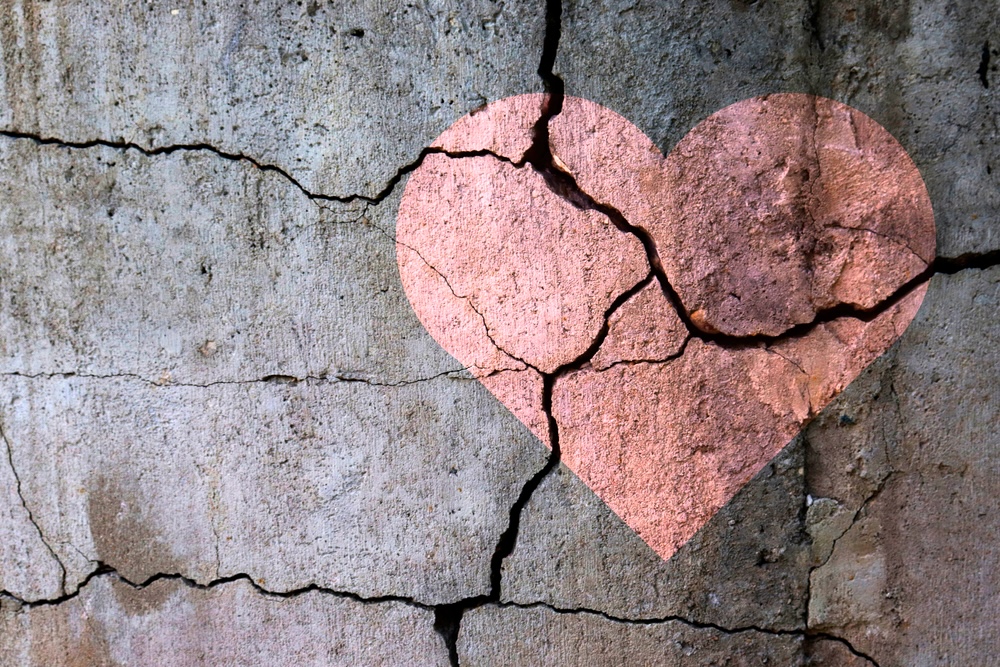Breakups are tough. Whether it was a long-term relationship or something more casual, the end of a connection can leave you feeling lost, hurt, and overwhelmed. You might find yourself replaying memories, wondering what went wrong, or struggling to adjust to life without that person.
For some, the emotional impact of a breakup can be so heavy that it triggers old habits or coping mechanisms you thought you’d moved past. Maybe you’ve been sober for a while, but suddenly, the pain feels too much to handle on your own. Before you know it, you’re slipping back into patterns you worked so hard to break.
In this blog post, we’re going to talk about why breakups can be such a trigger, how to recognize the signs of a relapse, and what steps you can take to get back on track. Most importantly, we’ll discuss how to find the best addiction treatment to help you heal not just from the breakup, but from the addiction itself.

Why Breakups Can Trigger a Relapse
In any long-term relationship, your partner often becomes a key part of your daily life. They’re your confidant, your support system, and sometimes even your accountability partner if you’re in recovery. When the relationship ends, it’s not just losing the person that hurts but it’s also losing the routine, the emotional support, and the future you imagined together.
For someone in recovery, a breakup can be a major trigger. Addiction often takes hold during vulnerable moments, and the emotional pain of a breakup can leave you feeling exposed. You might find yourself looking back on the times when substances seemed to numb the pain, or thinking that after losing so much, it wouldn’t hurt to lose a little more. These thoughts can be risky, but they’re also normal. The key is to recognize them early, before they take over.
Recognizing the Signs of a Relapse
Relapse doesn’t always happen overnight. It’s usually a slow process that starts in your mind long before you pick up a drink or a drug. Maybe you start isolating yourself, skipping meetings, or hanging out with old friends who still use substances. Maybe you’re feeling overwhelmed by emotions you haven’t dealt with in years such as anger, sadness, loneliness. These are all warning signs that you’re at risk of relapsing.
It’s important to remember that relapse isn’t a sign of failure. It’s a sign that something in your life is out of balance, and it’s time to take action. If you’ve already relapsed, don’t beat yourself up. Recovery is a process that includes setbacks. What matters is that you recognize what’s happening and you’re willing to get back up.

How to Get Back on Track After a Relapse
The first step to getting back on track is admitting that you’ve relapsed. This can be incredibly hard, especially if you’ve been sober for a long time. But the sooner you acknowledge it, the sooner you can start rebuilding. Reach out to someone you trust who understands what you’re going through.
The next step is to take a hard look at what triggered the relapse. Was it the breakup itself, or was it the way you coped with the breakup? Maybe you didn’t have a solid support system in place, or maybe you weren’t practicing self-care. Whatever the reason, identifying it can help you avoid similar triggers in the future.
Finally, consider seeking professional help. You might think that you can handle it alone because after all, it’s just a heartbreak right? You don’t need a doctor for that! But the reality is, if that heartbreak is pushing you deeper into substance use, medical help is necessary to address the disease of addiction.
Best Addiction Treatment in Lake Forest, CA
If your ex-relationship caused you to relapse, it’s time to prioritize your recovery. The best addiction treatment programs don’t just address the addiction but they address the underlying issues that contribute to it. This might include therapy to help you process the breakup, support groups to connect you with others who understand what you’re going through, and holistic treatments like meditation or yoga to help you manage stress.
At Zoe Behavioral Health, we specialize in helping people like you rebuild their lives after a relapse. Our team of experienced professionals will work with you to create a personalized treatment plan that addresses your unique needs. Reach out today and let Zoe help you regain your sober, healthy life.
